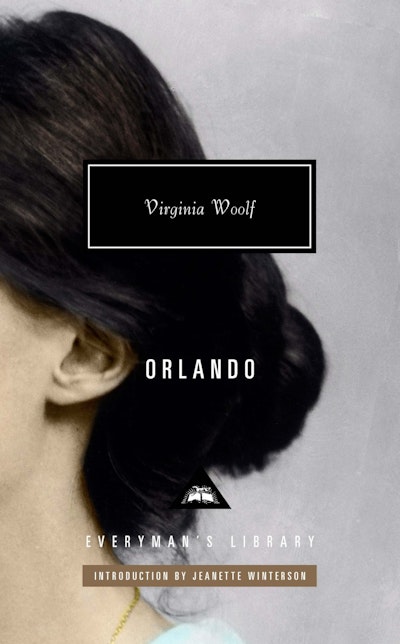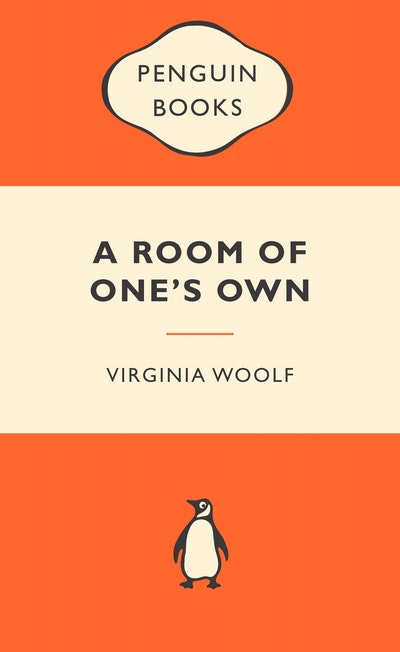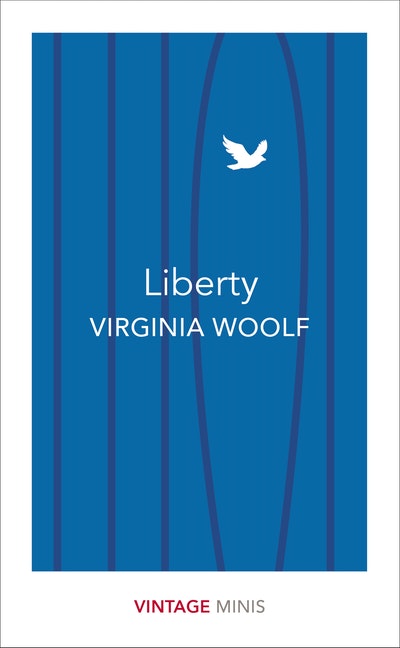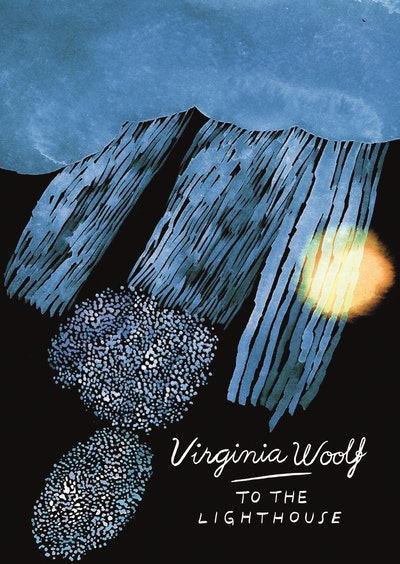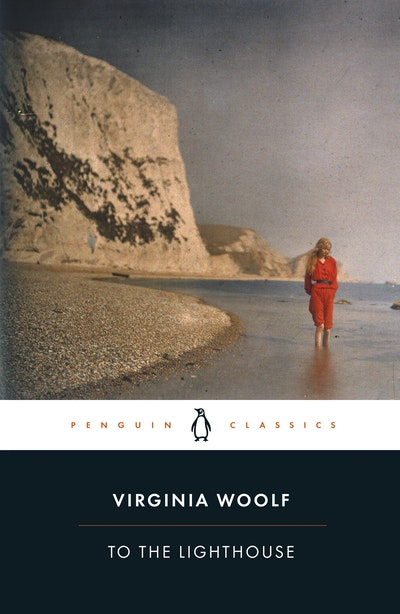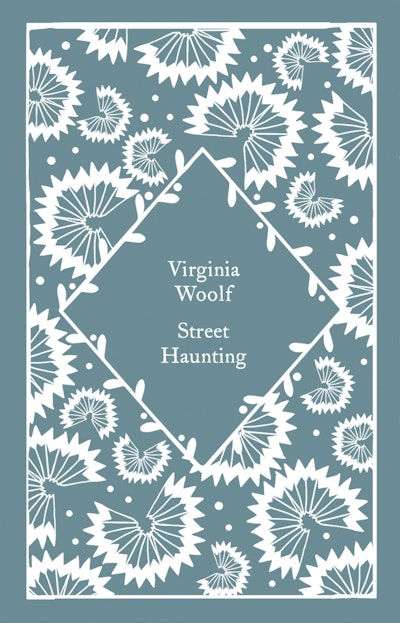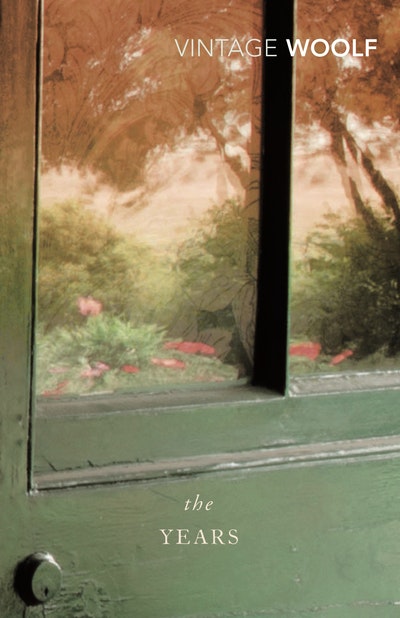[]
Play sample
- Published: 20 February 2024
- ISBN: 9781841594149
- Imprint: Everyman
- Format: Hardback
- Pages: 248
- RRP: $38.00
Orlando
Formats & editions
Buy from…
- Published: 20 February 2024
- ISBN: 9781841594149
- Imprint: Everyman
- Format: Hardback
- Pages: 248
- RRP: $38.00
Orlando has sometimes been dismissed as a romp. As a less important book than Mrs Dalloway or To the Lighthouse. This is to misread it. It was far ahead of its time in terms of gender politics and gender progress
Jeanette Winterson
